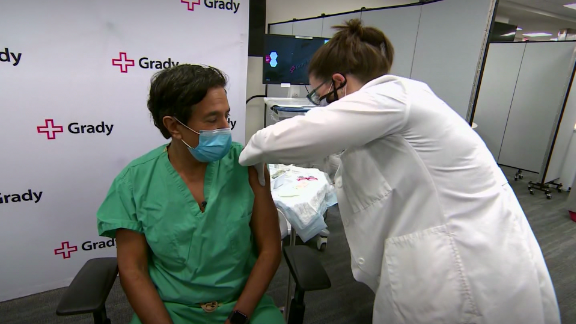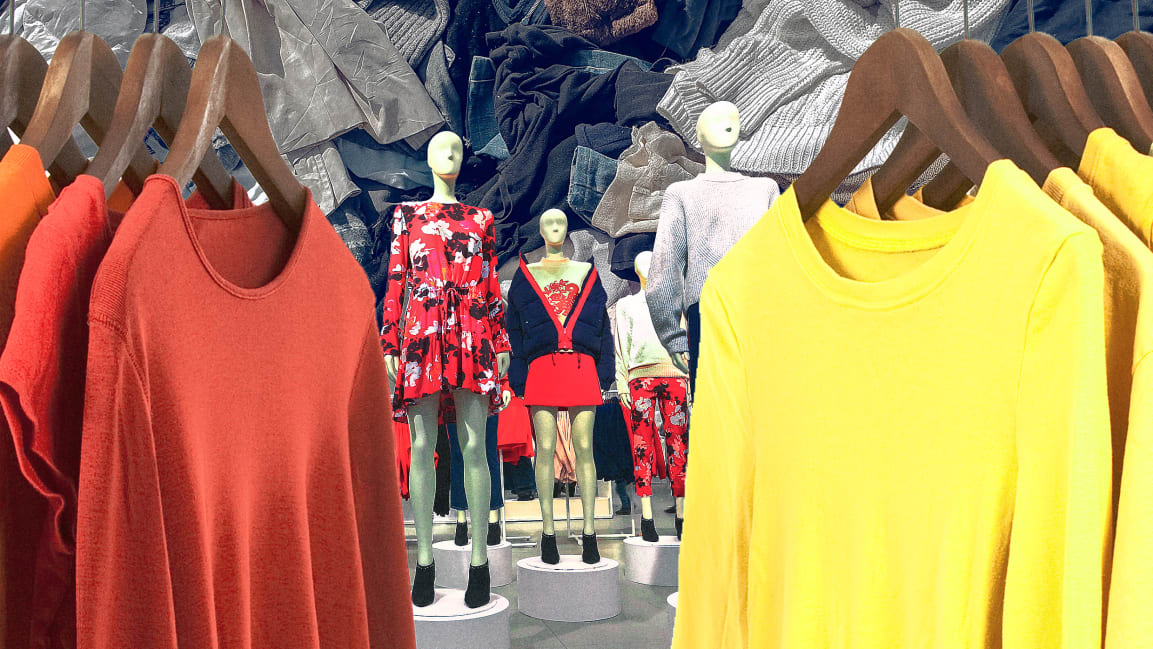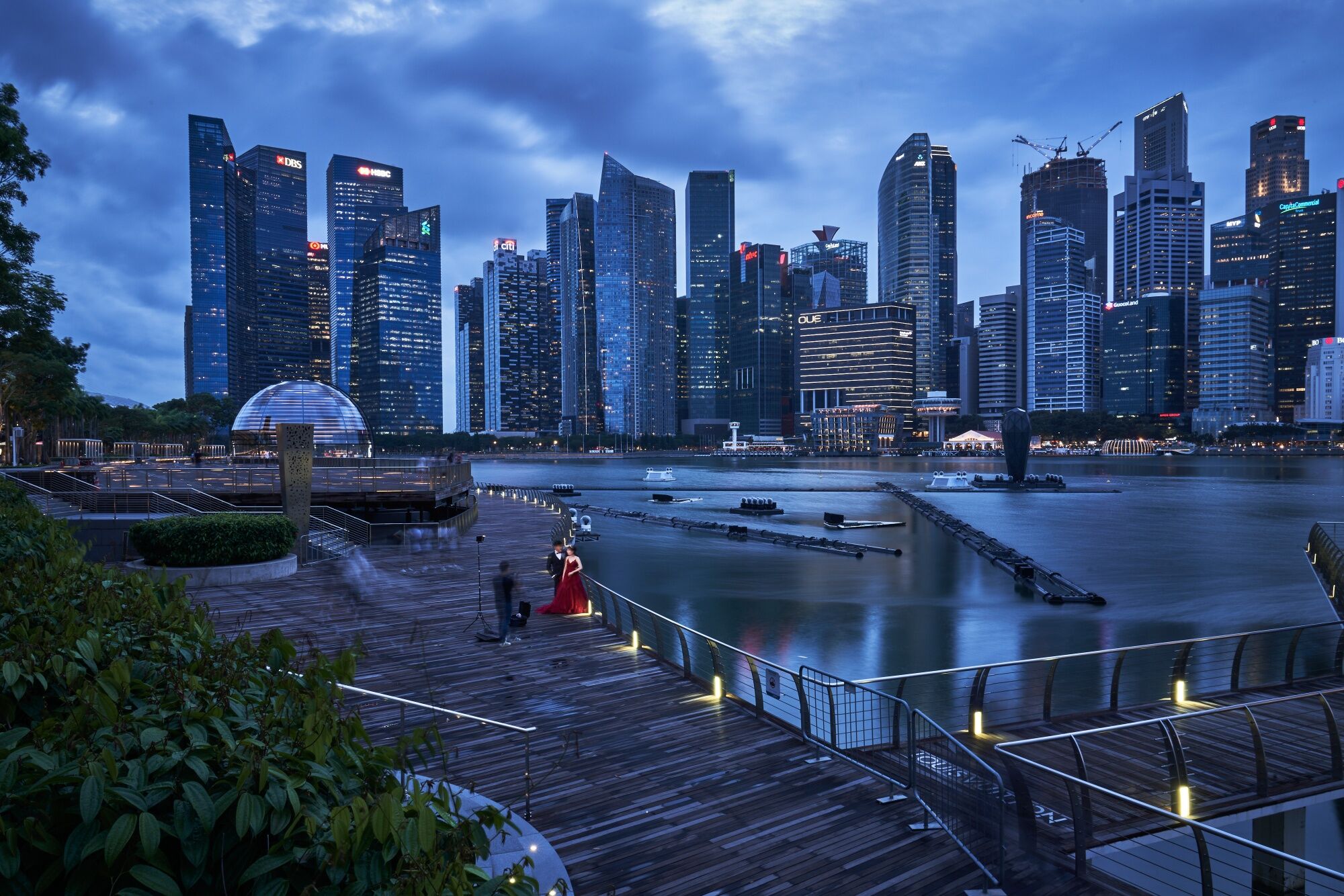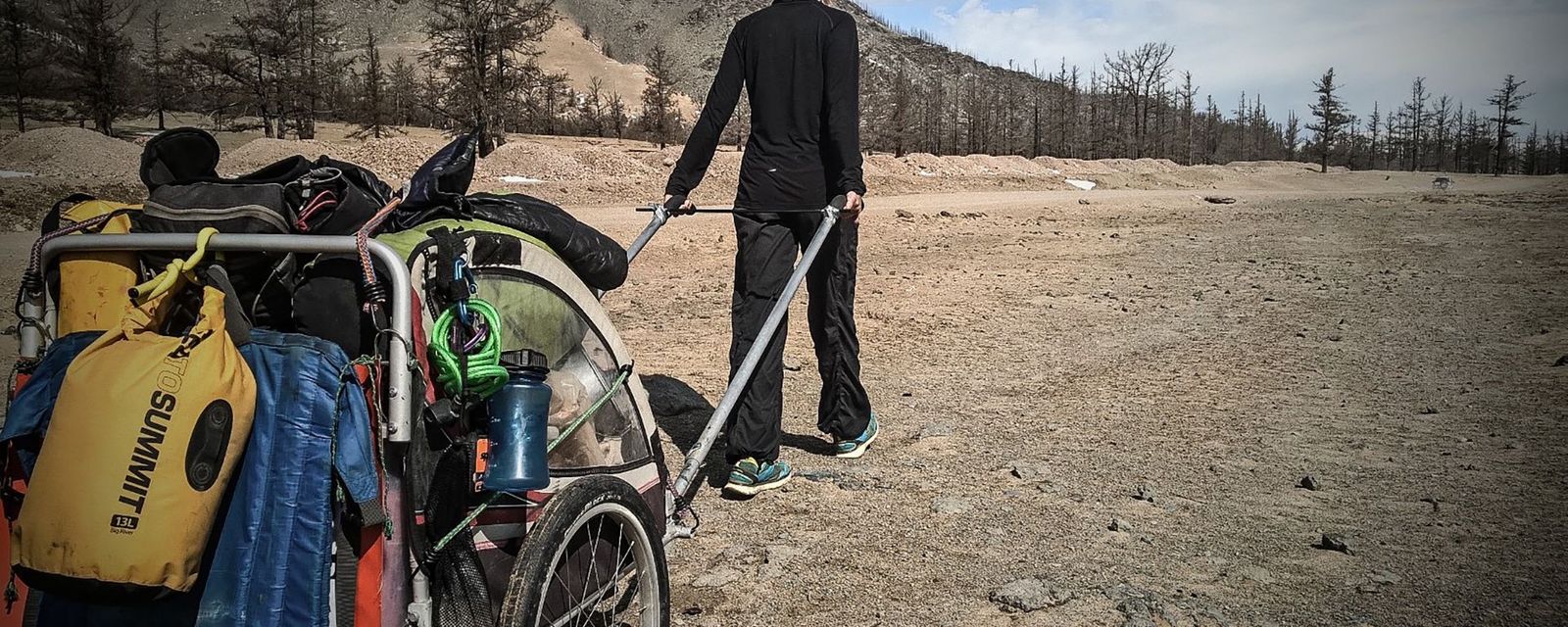   
Highlighted Stories!
Now proven against coronavirus, mRNA can do so much more When the final Phase 3 data came out last November showing the mRNA vaccines made by Pfizer/BioNTech and Moderna were more than 90% effective, Dr. Anthony Fauci had no words. He texted smiley face emojis to a journalist seeking his reaction. When the final Phase 3 data came out last November showing the mRNA vaccines made by Pfizer/BioNTech and Moderna were more than 90% effective, Dr. Anthony Fauci had no words. He texted smiley face emojis to a journalist seeking his reaction.
This astonishing efficacy has held up in real-world studies in the US, Israel and elsewhere. The mRNA technology -- developed for its speed and flexibility as opposed to expectations it would provide strong protection against an infectious disease -- has pleased and astonished even those who already advocated for it.
The messenger RNA, or mRNA, platform may be new to the global public, but it's a technology that researchers had been betting on for decades. Now those bets are paying off, and not just by turning back a pandemic that killed millions in just a year.
This approach that led to remarkably safe and effective vaccines against a new virus is also showing promise against old enemies such as HIV, and infections that threaten babies and young children, such as respiratory syncytial virus (RSV) and metapneumovirus. It's being tested as a treatment for cancers, including melanoma and brain tumors. It might offer a new way to treat autoimmune diseases. And it's also being checked out as a possible alternative to gene therapy for intractable conditions such as sickle cell disease. |
� | � |  | |
What would happen if the world stopped shopping?  Fast fashion is destructive and exploitative - and yet millions of people rely on it for work. In a new book, J.B. MacKinnon explores these complexities. Fast fashion is destructive and exploitative - and yet millions of people rely on it for work. In a new book, J.B. MacKinnon explores these complexities.
The 21st century has brought a critical dilemma into sharp relief: we must stop shopping, and yet we can't stop shopping.
At the turn of this new millennium, according to the UN, consumption surpassed population as our greatest environmental challenge. When it comes to climate change, species extinction, water depletion, toxic pollution, deforestation and other crises, how much each one of us consumes now matters more than how many of us there are. The average person in a rich country consumes 13 times as much as the average person in a poor one.
For decades now, we've witnessed a near-continuous increase in the consumption of every major natural resource. We are using up the planet at a rate 1.7 times faster than it can regenerate. At this rate, by 2050, resource use will have tripled in the 21st century alone.
Fast fashion is one of the worst offenders. We didn't demand it, but we did take to it with enthusiasm. The number of garments sold each year has approximately doubled in the last 15 years and now exceeds 100 billion. |
| � |  | |
The Super Rich Are Choosing Singapore as the World's Safest Haven Money is sloshing around Singapore like never before. Family offices, Bentley sales and real estate prices are booming. Money is sloshing around Singapore like never before. Family offices, Bentley sales and real estate prices are booming.
When Singaporean car dealer Keith Oh first read the Facebook message, he wasn't sure it was real. A Chinese client ordered a S$1.1 million ($830,000) Bentley—sight unseen—over the social network.
"They just asked for the price and when we could do the delivery, that's all," he said. "It's a million dollars to us but it's probably nothing to them."
The quick sale was the latest sign of a wider trend: Money is sloshing around Singapore like never before. As the coronavirus pandemic hammers Southeast Asia and political turmoil threatens Hong Kong, the city has become a safe harbor for some of the region's wealthiest tycoons and their families. |
The woman who walked around the world Seeking a deeper connection to the world, Angela Maxwell set off to walk it alone. Six years and 20,000 miles later, she brought that connection home. Seeking a deeper connection to the world, Angela Maxwell set off to walk it alone. Six years and 20,000 miles later, she brought that connection home.
"Why?" It's a simple question, and one that people ask Angela Maxwell frequently. Yet until recently, the American struggled to answer why, exactly, she upended a perfectly fine life in pursuit of a big dream. But for Maxwell, "why" is a question worth answering. After all, she embarked on a journey that very few people attempt: in 2013, she decided to walk around the world – alone.
A solo walk of this magnitude wasn't something Maxwell had planned. In fact, she left only nine months after having overheard a conversation in her art class about a man who supposedly walked around the world.
Maxwell's journey did not sprout from a place of loss, defeat or personal crisis. When she decided to embark on a long-distance walk, she was in her early 30s, ran a successful business and was in a relationship. "I thought I was happy," she said, "but in retrospect, I realised that I was searching for more… for a deeper connection with nature and people – by living on less and connecting with the world around me."
Angela Maxwell suffered from sunburn blisters and heatstroke in the Australian desert and dengue fever in Vietnam. |
| � |  | |
CEO Picks - The most popular editorials that have stood the test of time! Harvard study: Want to be less depressed? Wake up earlier  Researchers analyzed genetic data on 850,000 people through the company 23andMe, 38% of whom had worn sleep trackers or filled out sleep questionnaires. Researchers analyzed genetic data on 850,000 people through the company 23andMe, 38% of whom had worn sleep trackers or filled out sleep questionnaires.
The early bird catches the worm and is way less melancholy about worm availability and options. This is the finding of a new study from researchers at Harvard, MIT, and the University of Colorado at Boulder, who explored whether waking earlier lowers depression risk.
Scientists have long known that people who wake up earlier tend to be less depressed: Night owls, who make up around 10% of the population, are twice as likely to suffer from depression. But scientists did not know what sleeping hours make a difference, and the information came mostly from questionnaires, not observation. So researchers analyzed genetic data on 850,000 people through the company 23andMe, 38% of whom had worn sleep trackers or filled out sleep questionnaires. |
| � |  | |
What's Your Sales Automation Strategy? In this article, we examine sales automation's benefits, how it can be applied to standard processes, and how to adopt new processes to improve your team's ability to sell. We also detail five key principles for building and executing on your sales automation strategy. In this article, we examine sales automation's benefits, how it can be applied to standard processes, and how to adopt new processes to improve your team's ability to sell. We also detail five key principles for building and executing on your sales automation strategy.
Faced with profitability challenges, a global consumer electronics firm decided to restructure its business with a focus on optimizing costs, sales productivity, and customer satisfaction. To achieve these goals, the company automated customer and product master data, disputes and claims resolution, stock replenishment, and discount management. The firm also deployed automated web-crawler tools to improve competitive intelligence-gathering. With buy-in from leadership, the company was able to reduce the cost of select processes by 15% in only three years. |
|







No comments:
Post a Comment